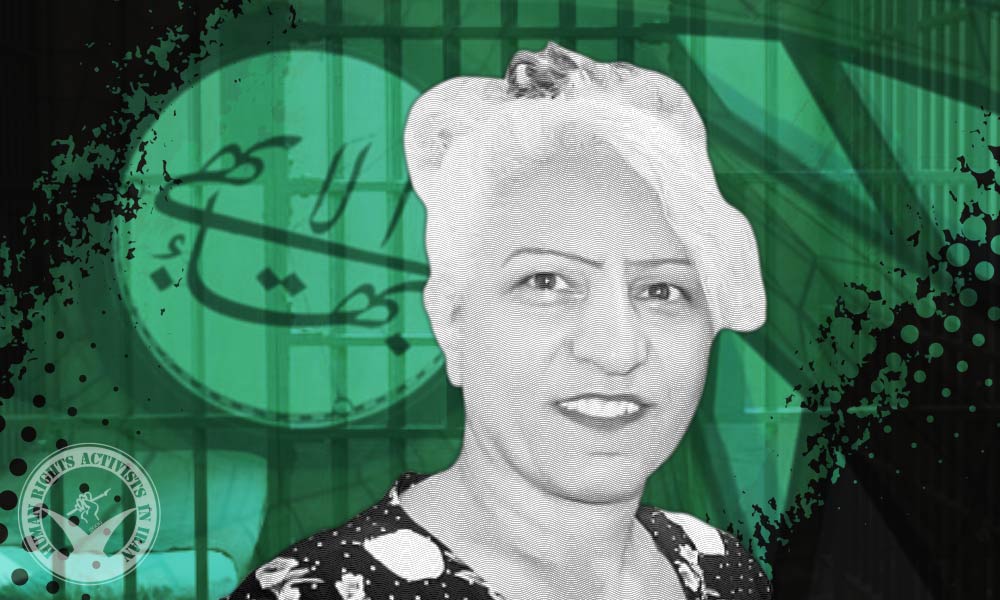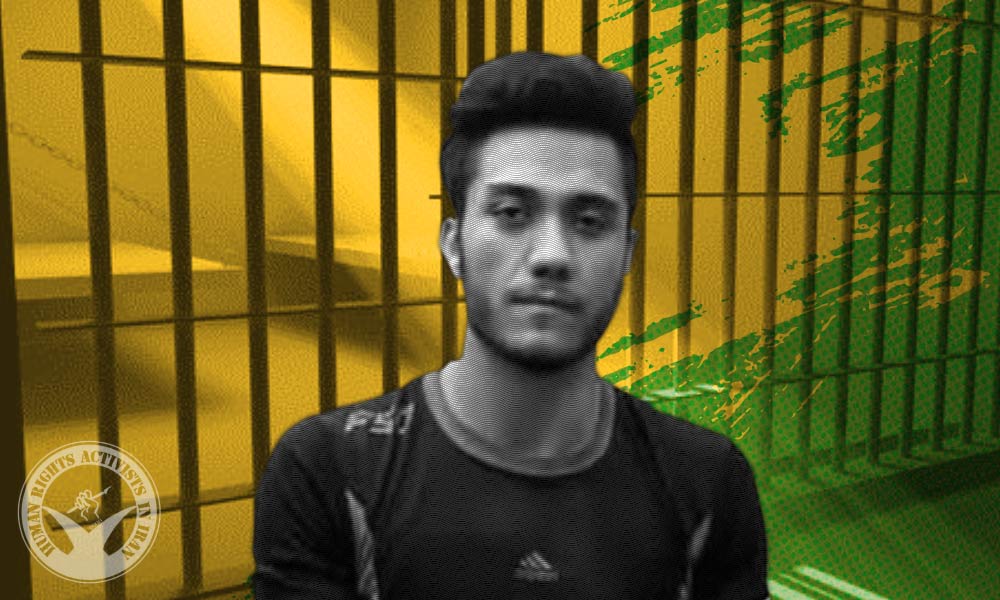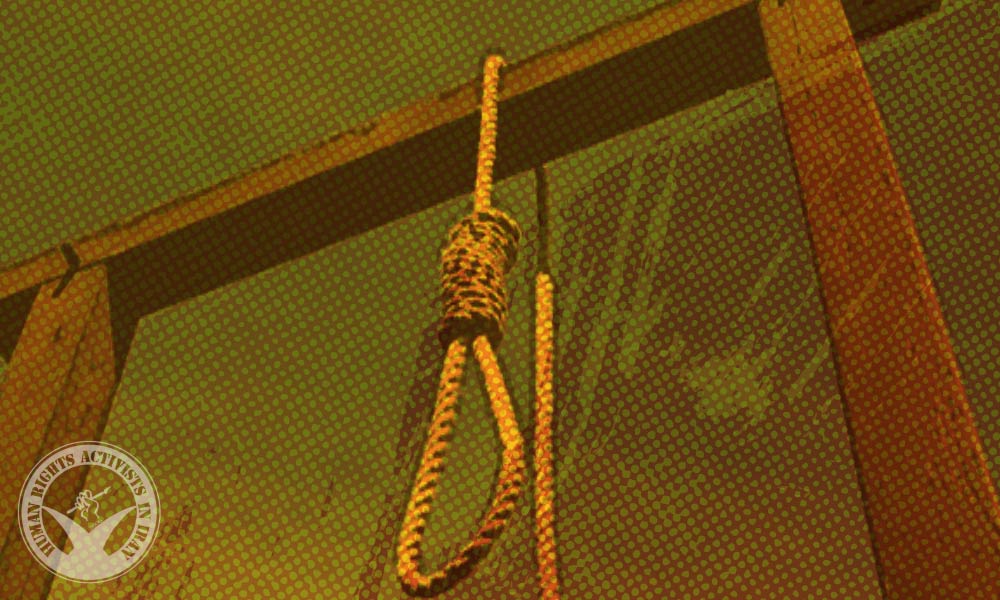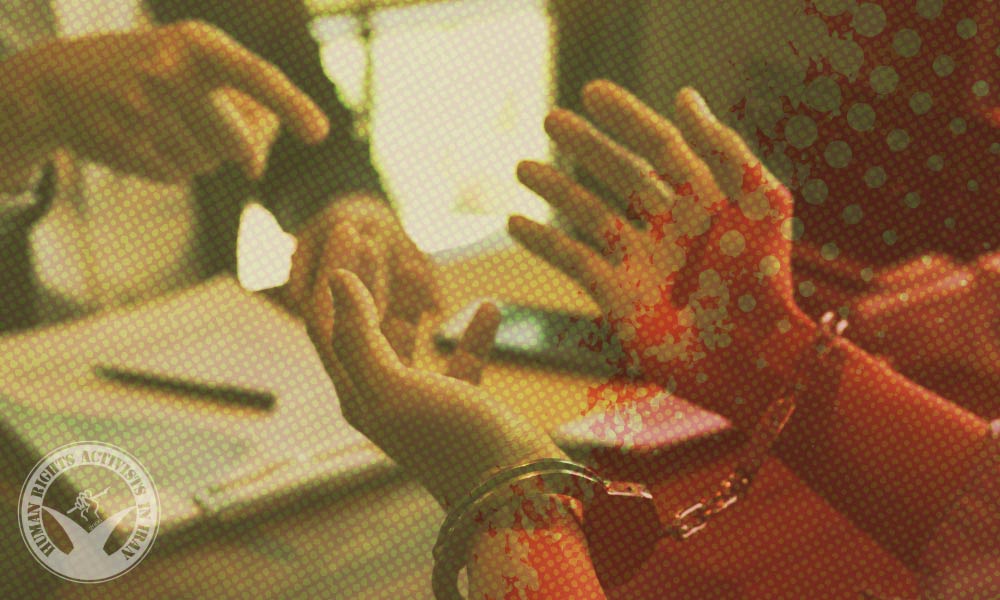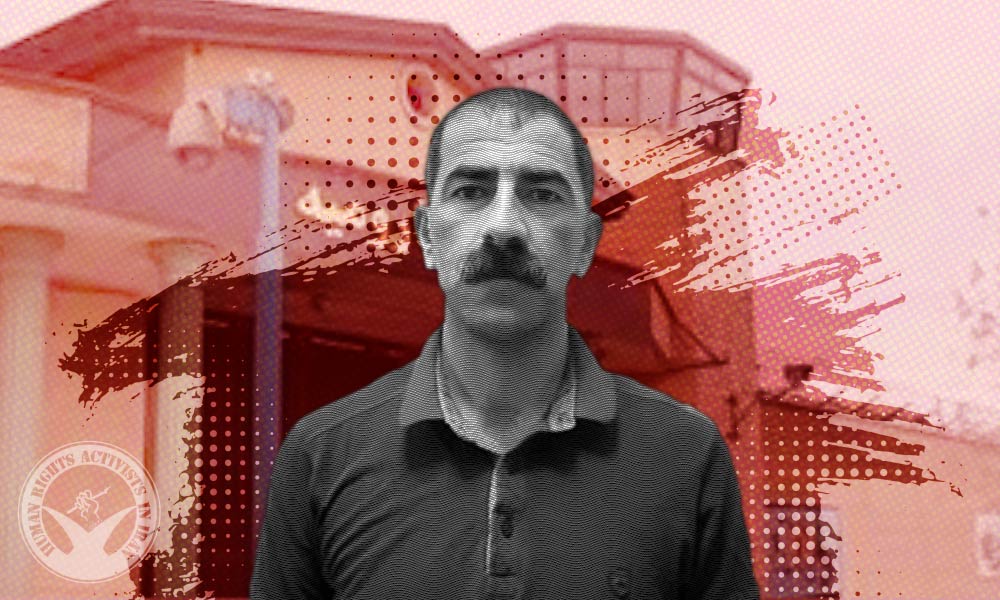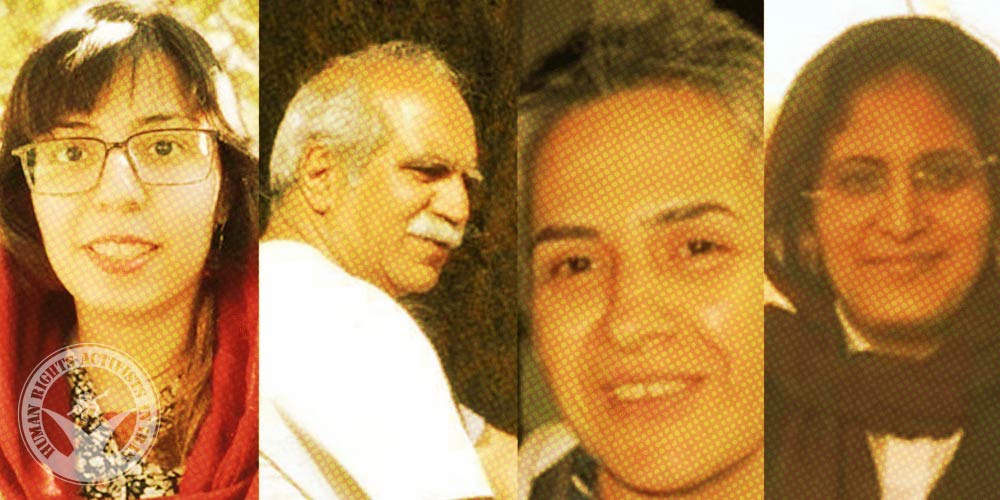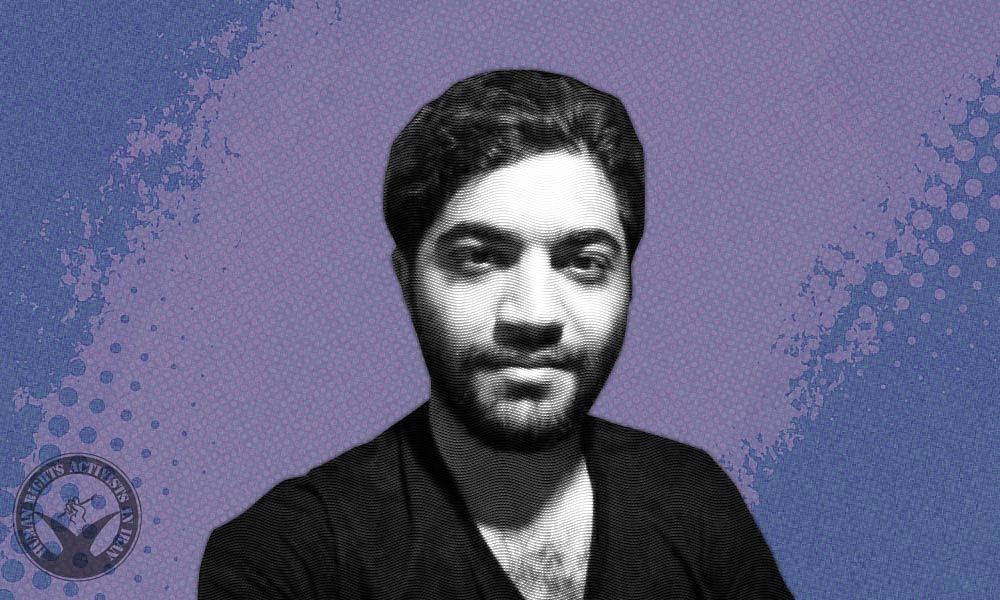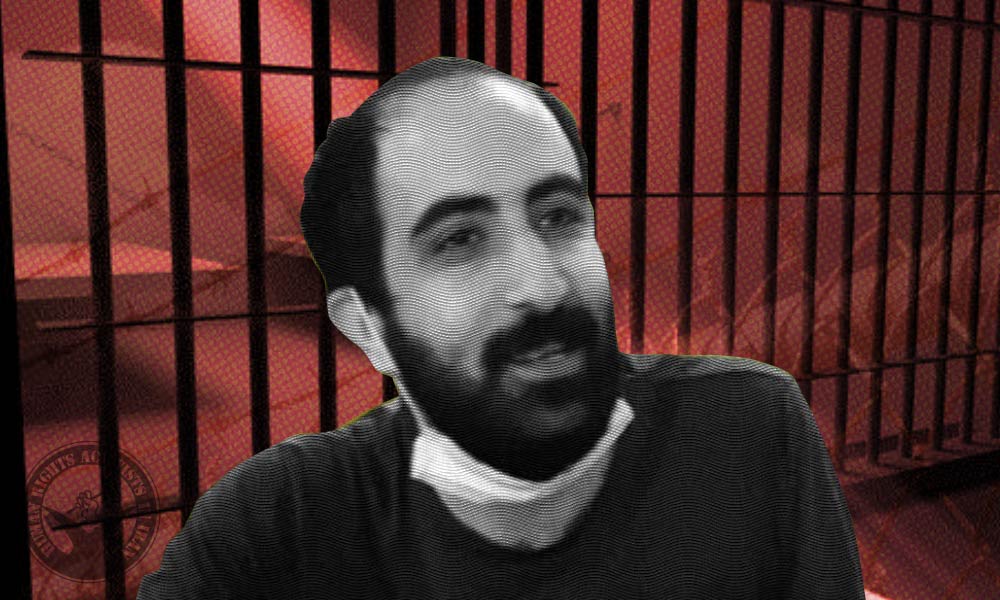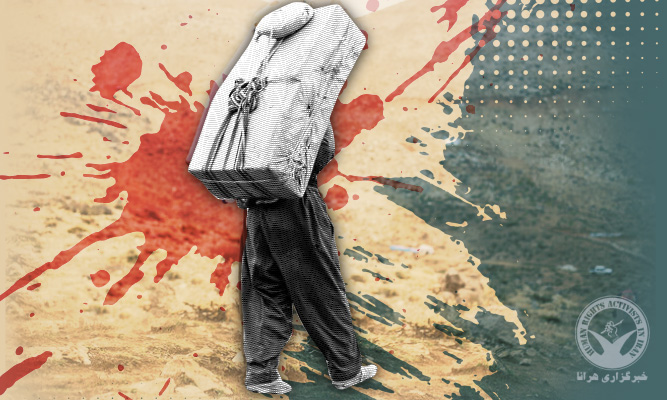On Saturday, March 12, 2022, Baha’i citizen Shahnaz Sabet was arrested by security forces and transferred to Adel-Abad Prison in Shiraz city.
According to HRANA, the news agency of Human Rights Activists, on Saturday, March 12, 2022, Iranian Bahai citizen Shahnaz Sabet was arrested and sent to Adel-Abad Prison in Shiraz for her sentencing.
According to an informed source close to Ms Sabet, while she was still awaiting the final verdict of the Supreme Court of Iran, they arrested her and took her to prison. Ms Sabet suffers from severe back pain and kidney stone, which raises concerns about her health conditions in prison.
On September 1, 2019, the security forces arrested Shahnaz Sabet at her house in Shiraz. After a while, she was released on bail until the end of legal proceedings. At the time of the arrest, the agents searched her house and confiscated some of her personal belongings.
On May 10, 2020, Branch 1 of the Revolutionary Court of Shiraz sentenced her to six years imprisonment on the charges of “propaganda against the regime and membership in anti-regime groups.”
In July of 2020, in a trial in absentia, the Court of Appeals of Shiraz reduced the sentence to two years in prison.
On October 12, 2020, she was arrested to serve her sentencing. On May 2, 2021, she was released temporary from prison after the approval of her request for a retrial by the Supreme Court of Iran.
According to unofficial sources, it is estimated that more than 300,000 Baha’is live in Iran, but the Iranian constitution recognizes only Islam as the official religion, in addition to Christianity, Judaism, and Zoroastrianism. Bahai faith is not considered legitimate by the authorities, and the rights of Baha’is in Iran have been systematically violated for years.
Freedom of religion is a breach of Article 18 of the Universal Declaration of Human Rights and Article 18 of the International Covenant on Civil and Political Rights. The United Nations Covenant holds that every person has the right to practice religion freely, freedom of converting to a religion, as well as freedom of expression, individually or collectively; openly or secretly.



